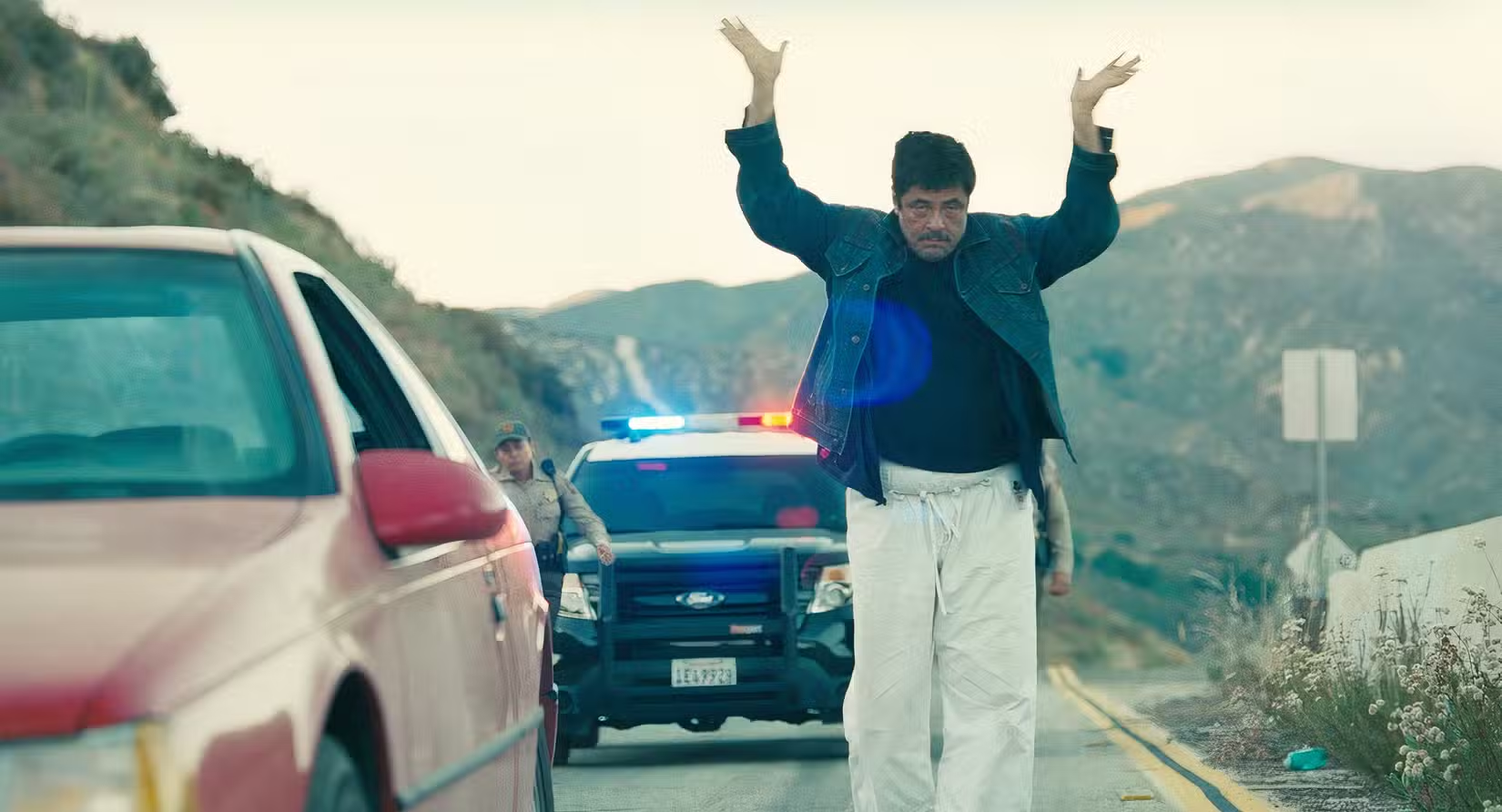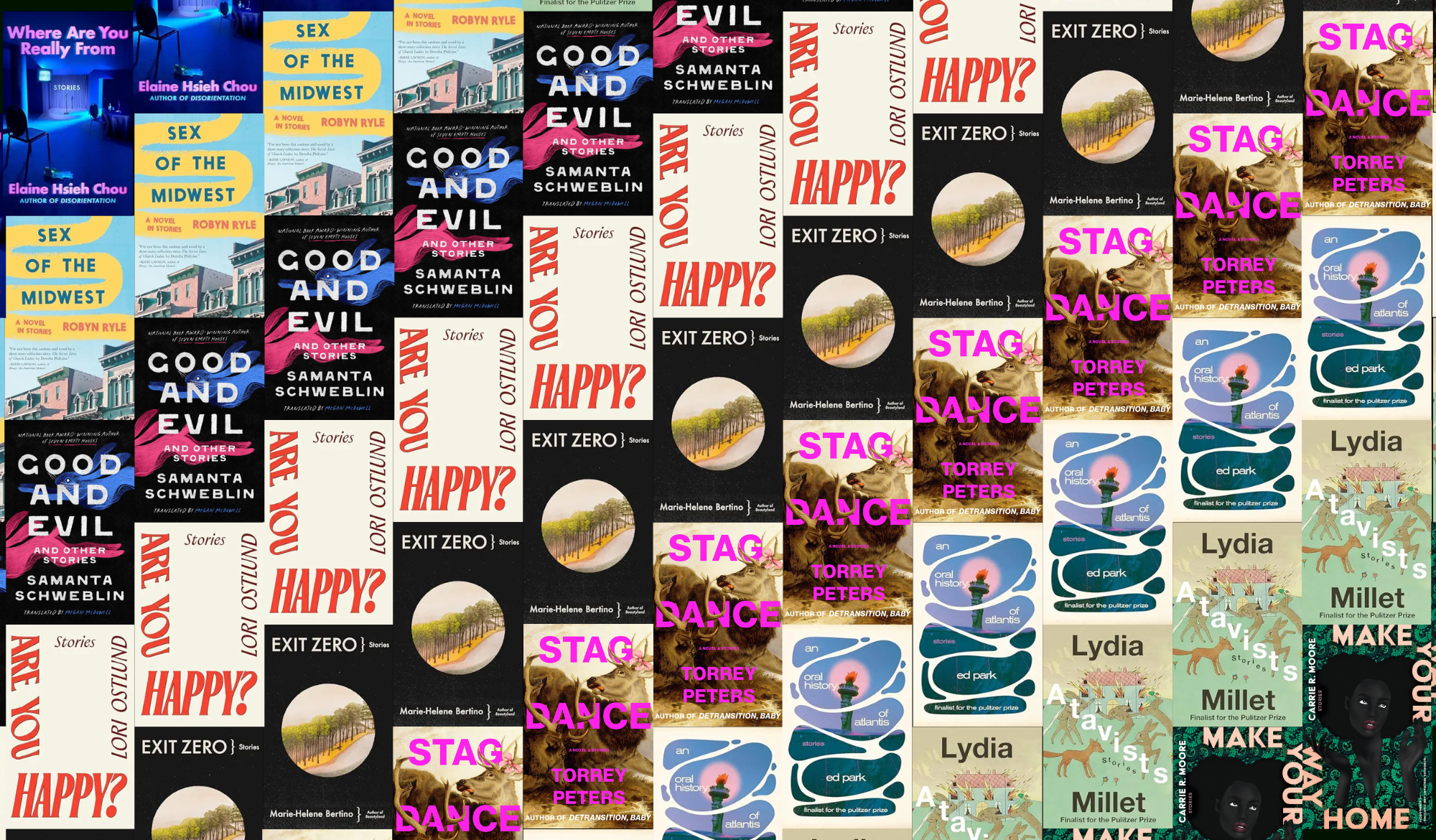Books & Culture
Instruments and All: All This Life by Joshua Mohr

We have entered the age of the Internet Novel. From Jonathan Franzen’s Purity to Joshua Cohen’s Book of Numbers, readers are now constantly warned about the evil lurking in every Instagram post, including that photo of your friends’ cute baby. Another of these alarmists is the critic Sven Birkerts, who, in his book The Gutenberg Elegies: The Fate of Reading in an Electronic Age, argues that, “fiction only retains its cultural vitality so long as it can bring readers meaningful news about what it means to live in the world of the present.” This is certainly a reductive, and a rather Dickensian, view of fiction, but if we accept Birkert’s premise, the news provided by many of our contemporary novelists can be summarized by one of these two headlines: “Humanity May or May Not Band Together in Dystopian Future” or “Internet Strips Us of Our Humanity, Possibly Even Our Souls.”
The news delivered in Joshua Mohr’s novel All This Life is captured by the second headline. Mohr’s bleak view of our wired present is clear from the opening scene, where we find the “Bluetooth chain gang” enduring rush hour traffic on the Golden Gate Bridge. The chain gang universally hates their jobs, and they long, Mohr tells us, for “a day to feel free. To be alive.” Why these emotions are any different than those felt by every commuter, in every age, is never explained, but what is explained is the reason for the unusually awful traffic: a brass band that has been marching across the bridge begins, one by to one, to jump into the bay, instruments and all. Paul and his teenaged son, Jake, are two of the commuters that witness the mass suicide, and Mohr describes Jake’s reaction with the following emoji: “a head with a can opener spinning around its crown and peeling up the skull and plucking out the brain and whirling it around on an index finger like a basketball.” Jake captures the entire scene on his phone, and then, like any modern teenager, he immediately uploads the video to YouTube.
Jake’s decision to upload the video will have consequences, not only for himself and his father but also for another of the novel’s characters, of which there are many, perhaps too many. Noah is a yuppie commodities trader — he literally owns the “futures.” Get it? His wayward sister, Tracey, was among the merry band of musicians who hurled themselves into the water. His life quickly unravels as he obsessively views Jake’s video, pausing it each time right before the moment when Tracey jumps. In case the metaphor isn’t clear enough, Mohr fills in the blanks: “In that way he can stop time. He’s not interested in trading futures; he’s trying to prevent one.” What Mohr leaves unsaid, however, is worth pondering: how will our everything-recorded-all-the-time culture affect our ability to grieve? Would you be able to properly process your sister’s death if a video of her suicide was available to watch over and over? Would you, as a sensitive teenaged boy, be able deal with experience of witnessing mass death if you could relive it again and again? For Noah and Jake, at least, the answer is no.
Another of the consequences Jake must face is that once his video is posted to YouTube, he is no longer in charge of the content — commenters can be cruel — and this reality sends him straight to the psychiatrist’s office. Far away, in the small town of Traurig, Nevada, Sara faces a similar dilemma when a dickhead ex-boyfriend posts a sex tape online, and she becomes the new “Skank of the Week.” Sara attempts to get the video removed, but she, like Jake, finds that the Internet is the “Wild West. Utter anarchy. No one’s really in charge, so long as you’re not trying to coerce a kid into bed or buying a weapon.” Hours later, the entire town, as if by magic, learns of her shame, and she is soon forced to flee because “all that’s left is the girl in the video. [Her] whole life has been erased except for those minutes.” Sara goes on the lam with a brain damaged neighbor boy named Rodney, ending up in San Francisco, where Rodney’s estranged mother Kathleen lives. If you get the sense that all these characters, and more, may end up in the same place, at a pivotal moment, à la everyone’s favorite movie Crash, you wouldn’t be wrong.
The novel’s strength is that it dramatizes the implications of our online selves; Sara at one point refers to her video as her “digital, conjoined twin,” and this twin is definitely the evil sort, the kind that stalks you and makes your life miserable. We all have these digital twins, with varying degrees of evil depending on your browser history, and if you allow your mind to concoct worst case scenarios, we might all jump off a nearby bridge. At it’s worst, however, the novel can read like a collection of Franzen-esque, get-off-my-lawn observations about the vacuity of the internet; for example, Jake’s father Paul wonders, “What’s so satisfying about liking something?” Sure, books such as Nicholas Carr’s The Shallows do make you stop and think about what checking ESPN.com fifty times a day is doing to you attention span, to your ability to read and think deeply, but is that really the stuff of fiction?

by Joshua Mohr










